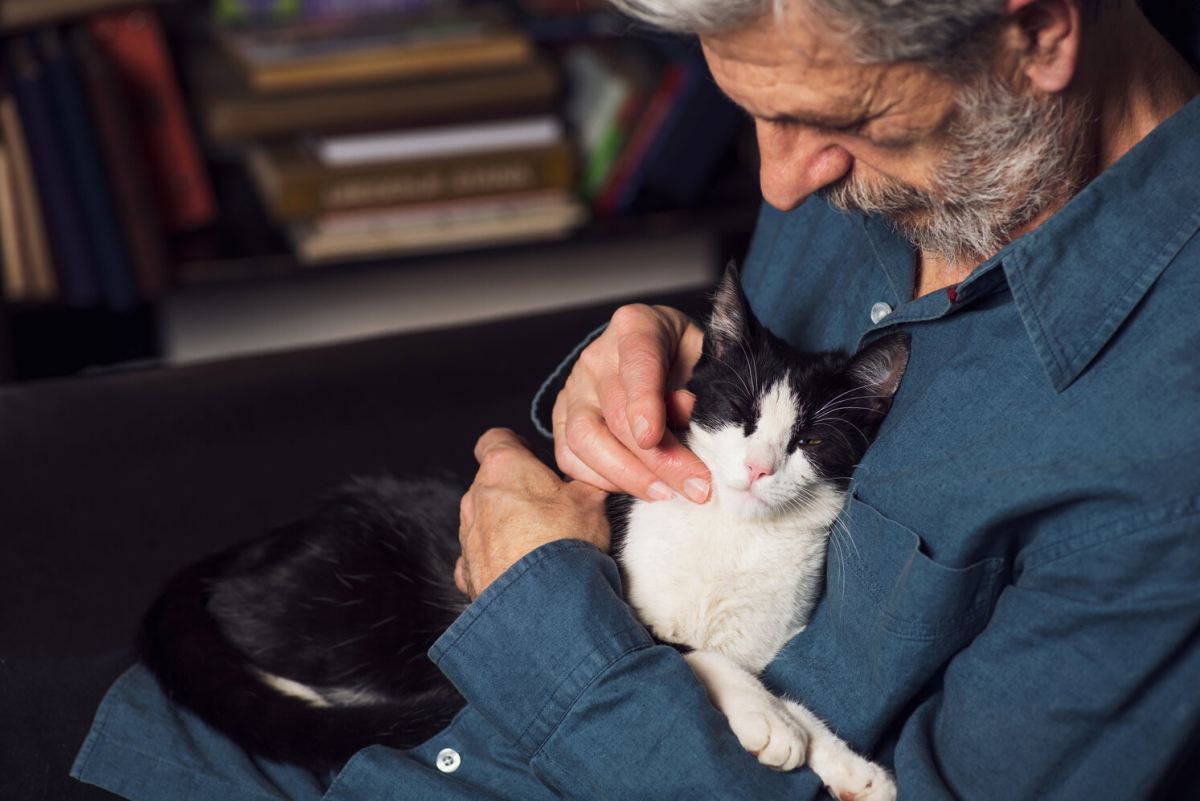
Our feline friends are interesting, complex individuals. They often keep us on our toes and leave us guessing about their peculiar behaviors. While we know that we love our cats, we often wonder if the feeling is mutual. Do our cats simply tolerate us until their food bowl is filled again? Thankfully, research can show us that such isn’t the case. In fact, the majority of cats prefer spending time with us over anything else. Keep reading to find out more.
First, Let’s Take a Closer Look at the Domestication of Cats

Image Courtesy of the U.S. Naval Institute Photo Archive
Cats were first domesticated centuries ago. We know that the ancient Egyptians worshipped cats, but during the time of the “Black Death” cats were greatly feared, AKA ailurophobia (fear of cats), because they killed rats and people back then knew well enough that rats were carriers of the Bubonic Plague. And, because of this widespread fear, it turned to hatred of the feline kind and many cats lost their lives because of it. (This occurred during the 14th century.)
Thankfully for cats, their skills were revered and many were brought aboard ships to serve as ratters. From the Age of Discovery, circa the 15th to 18th century, cats cemented their place alongside humans as ship cats. Quickly, it was discovered that cats weren’t so bad after all and would provide companionship and master hunting abilities to serve dual purposes alongside sailors’ on the high seas.
Ship cats have been a thing for centuries, and it’s easy to see why! Not long after, cats started being welcomed into people’s homes for their ratting skills and companionship. And, as they say, the rest is history!
Cats Often Prefer Human Interaction Over Interaction With Cats Because People Calm Them
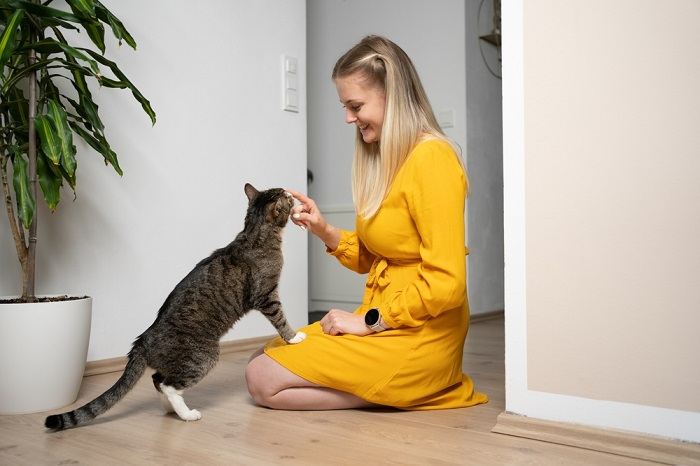
Cats now know that humans are trustworthy—and they might even find you quite interesting.
If you are your cat’s favorite person, then you know very well that you are your cat’s chosen one. Your cat will likely seek out your company in your home over everyone else—including the other cats in your home should you have them. This is because domestication has changed the way cats think.
Cats now know that humans are trustworthy—and they might even find you quite interesting. After all, you are not a cat and cats are naturally curious beings. They like to have their minds piqued, and you also do not make them feel threatened the way another cat might.
Cats are highly territorial beings, even if they are well-acquainted with other cats in their homes. This is why cats will be quick to establish a pecking order when they cohabitate with other cats—and will be sure to let the other cats in their homes know who is the Top Cat in the household. And while there are many cats out there who prefer spending time with humans over other cats, the vast majority of pet owners would rather pass the time with their pets over their partner. Ouch!
Cats Experience Separation Anxiety and Do Not Like Being Left Alone for Long Periods of Time.
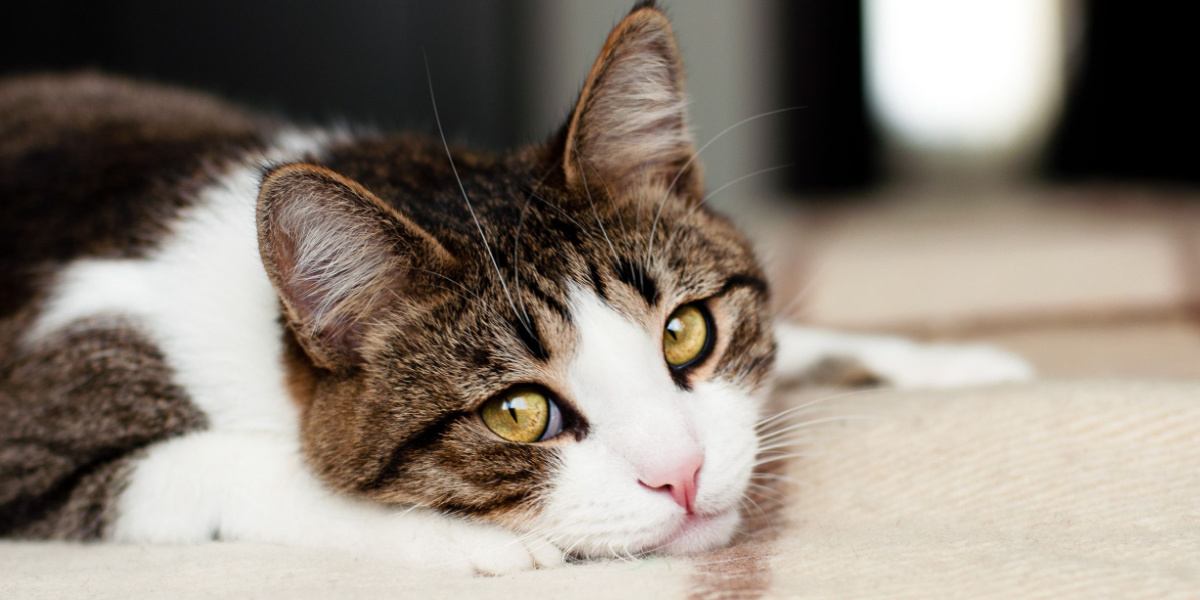
Cats crave interaction with humans, which should come as no surprise to anyone who has spent time around cats.
There are times when we must leave our cats to travel, but our cats shouldn’t be left to their own devices while we hope for the best. Cats are social creatures despite the myths surrounding them, and they can get lonely and stressed should they be left alone for extended periods of time. Cats crave interaction with humans, which should come as no surprise to anyone who has spent time around cats.
And, as you know all too well, cats are micromanagers who pride themselves on knowing our location in our homes at all times. So, being left alone for several hours on end can make them a tad cuckoo over your whereabouts. This is why you’ll often find yourself with a super clingy kitty upon your arrival. Or a cat waiting at the door for you ready to sniff where you’ve been.
For more details on how long you can leave a cat alone, read our expertly written article on this specific topic here.
Research Shows That Cats Would Go as Far as Forgo Food or Their Toys in Favor of Human Interaction.
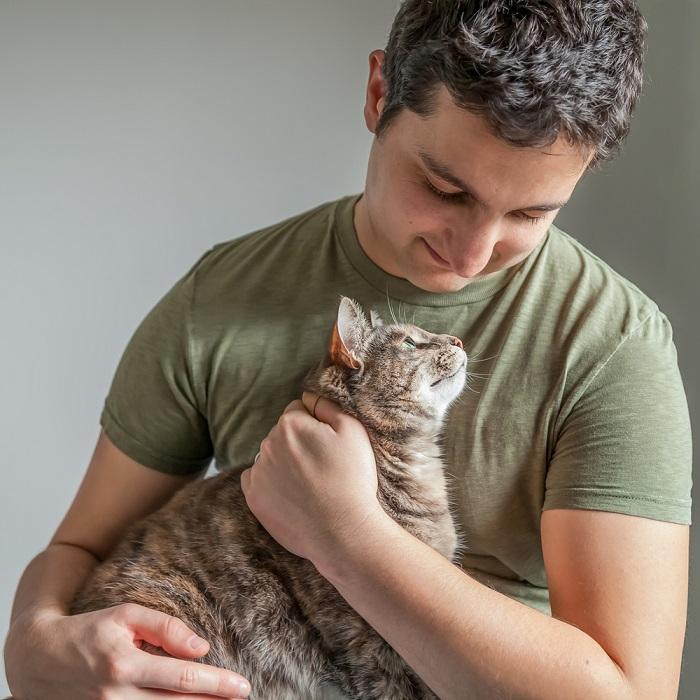
The results of the research showed that although cats are truly individuals with their own specific preferences, more times than not, the cats preferred human contact followed by eating.
It goes without saying that domestication has shaped the minds of our feline friends. Cats have learned to cohabitate with us, and although it was probably a rocky start, cats of modern times enjoy humans’ company—and even prefer it over many other things in their lives. A study released in 2017 showed that the majority of cats would rather interact with their humans over eating or playing with toys.
To conduct their study, researchers out of Oregon State University collected data from 50 cats by presenting them with four different kinds of stimulation. These four types included: food, toys, scent, and human interaction. The results of the research showed that although cats are truly individuals with their own specific preferences, more times than not, the cats preferred human contact followed by eating.
This study, which originated at Oregon State University’s Human-Animal Interaction (HAI) lab, concluded that,
“Although it is often thought [that] cats prefer solitude to social interaction, the data of this study indicate otherwise… It is, therefore, possible [that] some populations of cats may display a greater preference for social interaction than others.”
Some Cats Prefer Time Spent With Humans Over Other Cats Because They Can’t Get along With Other Cats
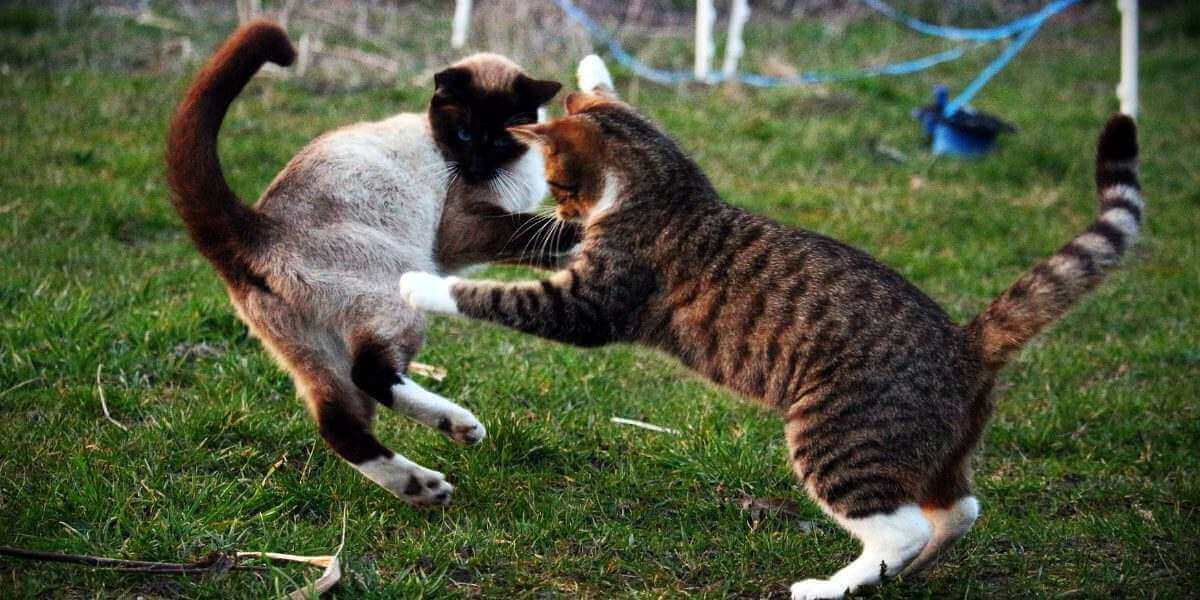
Your cat’s memory is sharper than you might realize. And cats, like people, will carry deep memories with them if they’ve experienced trauma.
Your cat’s memory is sharper than you might realize. And cats, like people, will carry deep memories with them if they’ve experienced trauma. Cats sometimes can’t seem to get along with other cats—and the same can be said for some dogs, too. If a cat has had repeated negative experiences with another cat, it can turn them against other cats to the point at which they can develop a strong hatred towards other felines.
Additionally, cats form tight bonds with humans who’ve made a significant impact on their lives from an early, highly-impressionable age. This is known as imprinting. Read here to learn if your cat has imprinted on you!



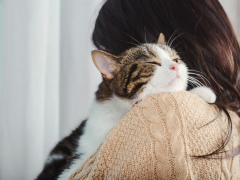
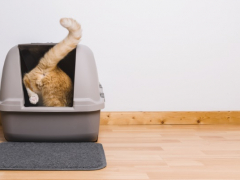


Very interesting – I have 8 indoor cats.